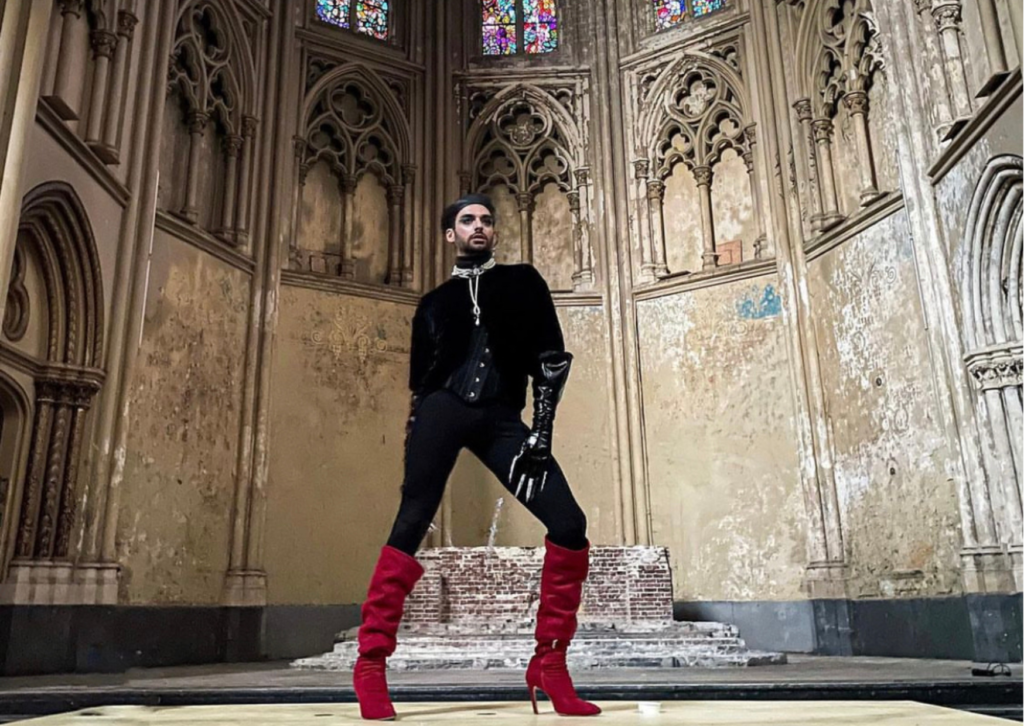The name means “state of war”, that says a lot on Belligerency’s art and work. Putting different ethnic backgrounds in the spotlight rather than the one we are used to see in Western Europe is the idea. Dragshows, podcasts, plays, radio shows and collectives are the media used.
Let’s discuss it with Sergejs aka Belligerency.
Tell us a bit about yourself. What has been your journey?
My name is Sergejs Mikaeljans, and my stage name is Belligerency. I am a drag artist, dancer, performer, and artistic coordinator. Belligerency means “the state of war” and it represents quite well my drag and overall inspiration when I perform. Belligerency is the ultimate, the most intense version of Sergejs. My drag allows me to defy the confines of the physical body and shapeshift, transform, and express my femininity and my masculinity in a physical, undeniable, visible way.
I am the President of the Collectif Les Bastards, a non-profit serving the queer community in Belgium, co-founder and main co-organiser of the drag & queer show Propaganda, the co-host of the Queer Mongering podcast and a queer activist. During the daytime, you might sometimes spot me strolling around the Brussels European Quarter doing some boring but useful Eurocrat work. I did not get two master’s degrees for nothing, after all.
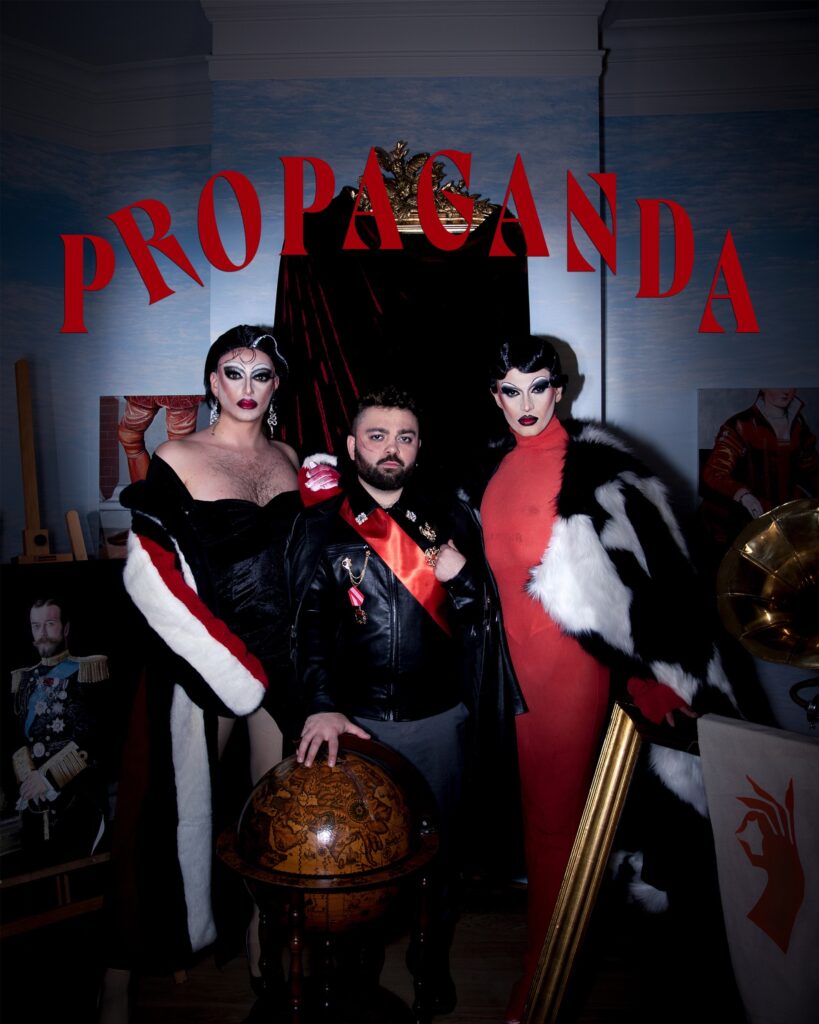
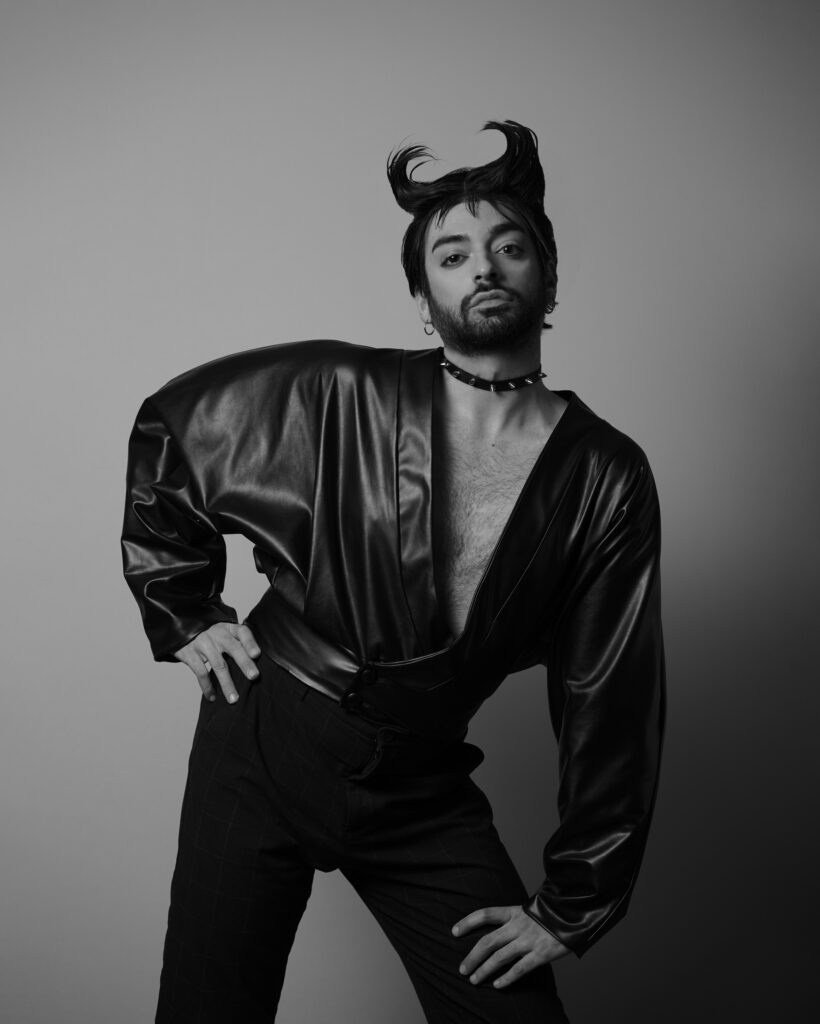
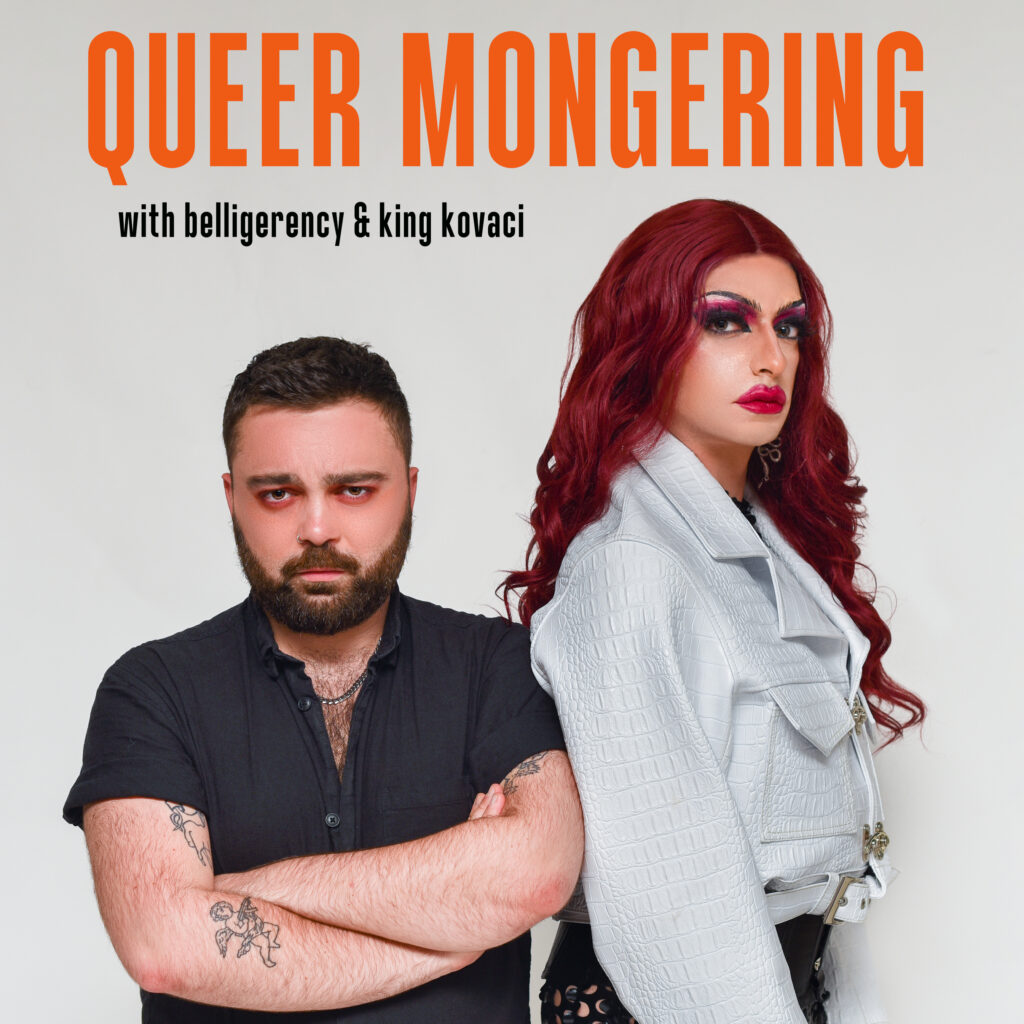
Ethnically I am quite a mix. I am part Latvian part Armenian and come from a family of people who never stayed in the place they were born in. I have always felt the clash of cultures in my heart, as Latvian and Armenian ways of being are quite polar. I found beauty in this paradoxical difference between my two ethnicities when I matured, but as a young kid, I experienced difficulties navigating through the calmness, serenity, and determination of my Latvian side and the fiery nature of my “Armenianness”.
Being Armenian and queer is not the easiest task. Being Armenian and a queer performer whose work is on display and available at the click of a mouse is even more challenging. I stopped counting the death threats I received online for being a drag queen who has a 50% of Armenian DNA in their blood. Those threats would even come from the members of my own family. On top of that, being an Armenian who does not live in Armenia makes you a target for xenophobes and racists. So many times, my Latvian compatriots would question my Caucasian (from the Caucasus) features, and dark hair. Some would call me slurs. That is why I was quite prepared to experience this feeble balmy xenophobia that is common in Belgium. Here I am looked down upon as a person from Eastern Europe and West Asia, but without this straightforward aggressive treatment that I have experienced back in Eastern Europe. Xenophobes here are always under the disguise of a condescending smile.
I have lived in Latvia, Russia, China and now Belgium. When one hears Russia and China, one might jokingly say I love dictatorships too much. This is not entirely true but having lived in places that are tough for queer people, or, actually, just people, has taught me a lot of resilience and I am thankful to have had those experiences.
What are your current or future projects?
I am lucky to be quite busy nowadays. Not going to lie, this feels amazing after the two years of artistic stagnation many have experienced during the pandemic.
In August 2022, I started my own drag and queer show called Propaganda together with my drag sister Krasna. We have also recruited one of my good friends, the Belgian-Albanian singer-songwriter King Kovaci as our resident DJ and co-organiser. It has been a long time since we felt that queer shows in Western Europe do not fully represent us as people with different ethnic backgrounds. That’s why we decided to create a show that spotlights marginalized and erased queerness, and the LGBTQIA+ community in Eastern & Southern Europe and West Asia. Propaganda’s first edition took place on 20 August 2022 and it was quite a success. The next one will be on 15 October in Brussels, and once every two months from that point on.
With King Kovaci we have a project of our own as well, a podcast & radio show (on queer & feminist radio Vacarme) called Queer Mongering. In this podcast, we explore topics ranging from queer identities, and ethnic backgrounds to fashion, performance art and so much more, all through the queer point of view. And it’s funny. The podcast is available on Spotify, you can stream it now!
Moreover, we have come a long way with Collectif Les Bastards. As President, I am very happy to see our collective and its members thrive. A year ago, we finished our flagship project – a queer theatre piece called ‘Hurler à la mer’ that I had a pleasure to produce, dance & act in. We have co-organised the new concept in Liege called La Transpedegouines, which is a movement and event for queer people to connect and build friendships. We have also co-organised the first ever inclusive Liege Pride. In the capital, there might be little need for such a project, but believe me, people outside Brussels and maybe Antwerp and Ghent, lack safer spaces to come together. Finally, we have launched a series of shows called Reverie, the next one will take place during Museum Night Fever 2022 at the Design Museum Brussels on 22 October.
In addition to that, I am a part of the new Brussels concept called Drag Brunch Bxl at Brasserie Surréaliste. I am very excited to showcase the art of drag, and queer performance in general, to new audiences, and during the daytime.
This is all I can talk about right now, but a few new projects are in the making, so stay tuned (I hate saying that, but oh well haha).
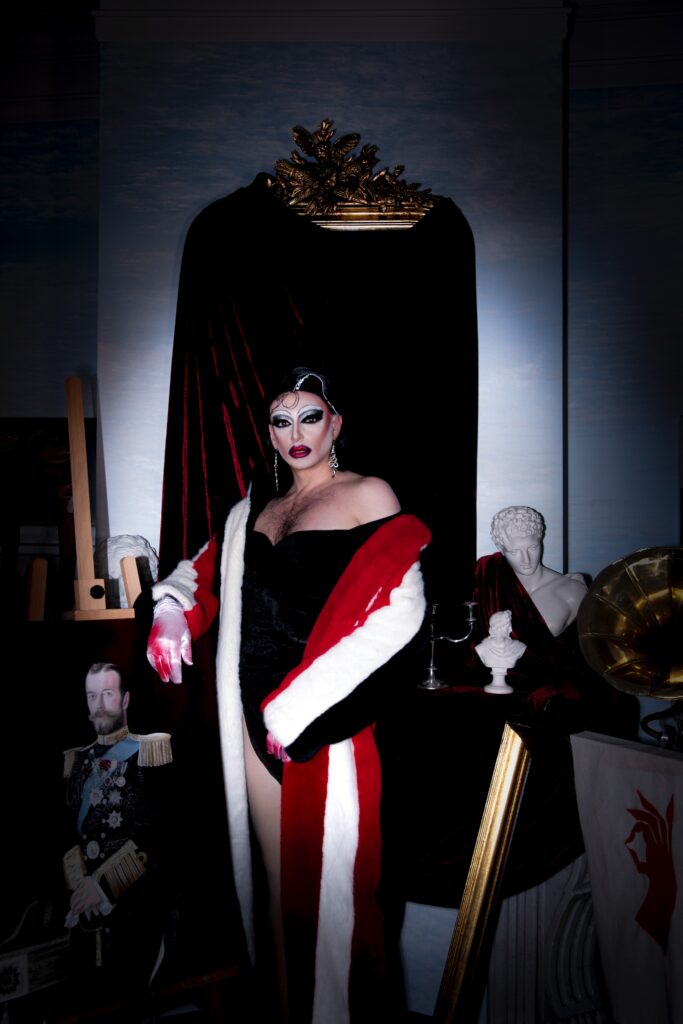
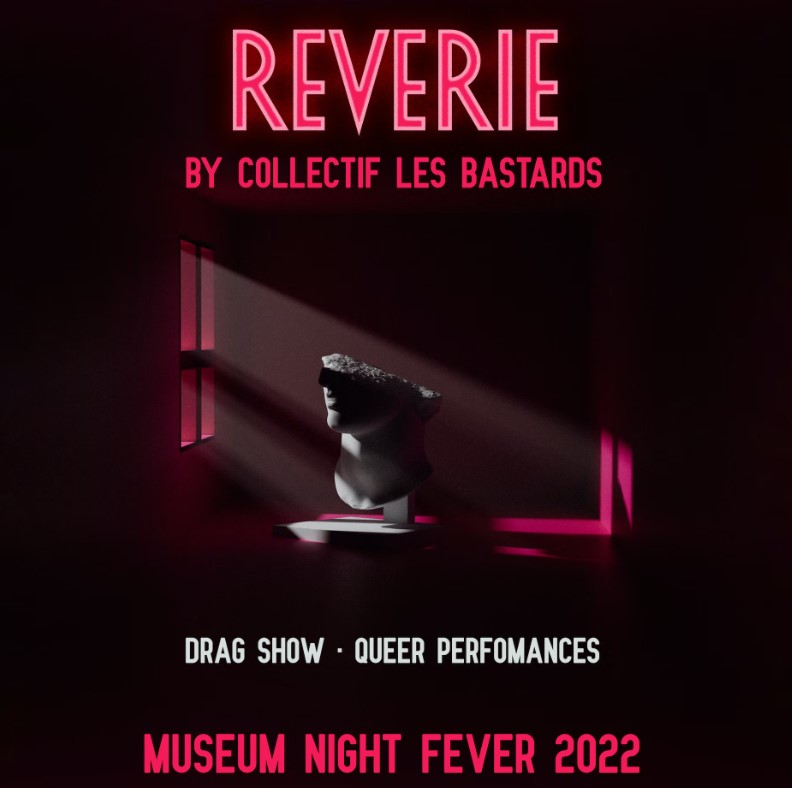
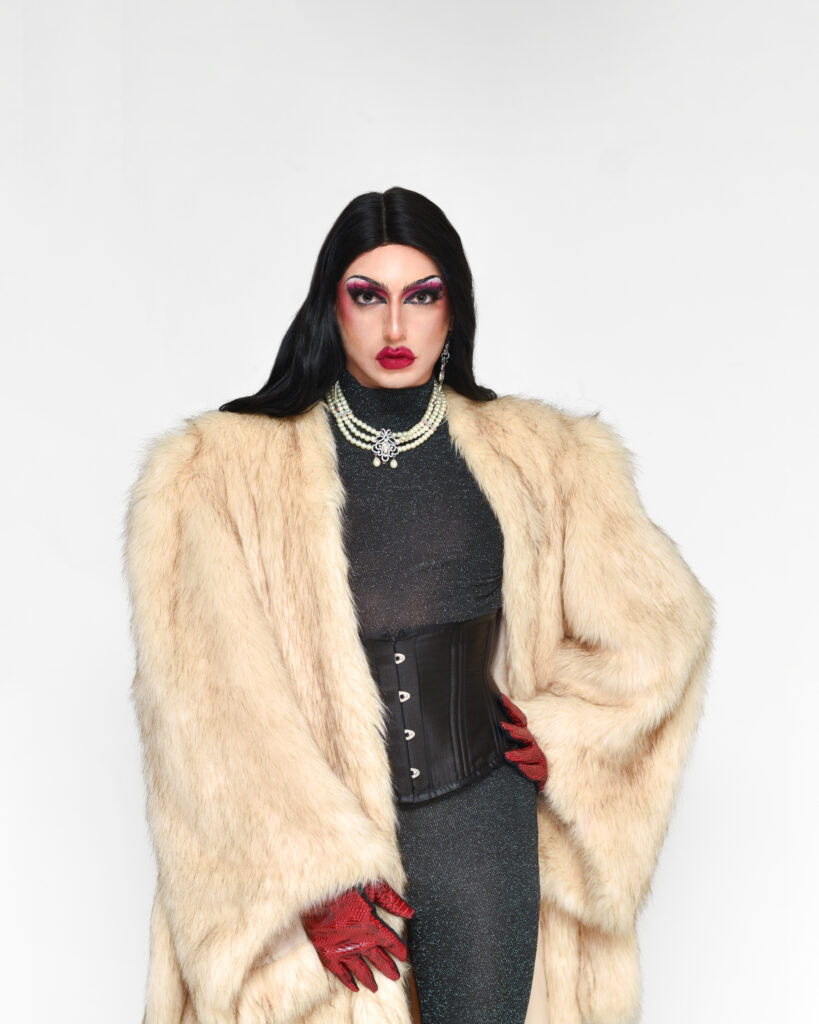
What does it mean to you to be a part of the Brussels queer community?
It really means a lot to me. As you can imagine, before moving to Brussels I have never had the opportunity to be freely and unapologetically myself in public without putting myself in danger. I am not saying we are all safe here, what I am trying to say is that I feel safer here than in any country I have lived in before.
I must say that in the five years I have lived in Brussels, I have witnessed the queer community of this city become progressively more and more united. When I came here, it was quite dispersed, just a few little queer friend groups and the army of cis gay bland men swarming around. Now, we, the queers, are all hanging out together and sharing with each other. For this, I would like to thank queer initiatives and venues that cater to our community. One of them is the Agenda, my favourite bar in town that is specifically designed for queer people.
What are your queer influences?
I think many people of my generation, when thinking of their queer influences, will first and foremost think about ally divas like Madonna, Roisin Murphy, Florence and the Machine, Goldfrapp. These artists’ work had a beautiful touch of queerness vis-à-vis the rest of the industry in times when barely a few queer artists managed to get out of the mood boards to the mainstream.
I have been performing since a very young age in local theatre clubs, and somehow the roles of villains were the most interesting for me artistically. And it makes total sense because throughout decades most villains in modern culture are queer-coded. Think of the Scar in Lion King or Ursula in Little Mermaid. I was in love with those villains. They were so charismatic, so stylish…so me.
When living in Russia, my major queer outlet was the ballroom community. As problematic as the Russian ballroom scene is, a person of West Asian descent like me could really feel at home within the community because no one was there to judge me for not being white enough or Slavic.
I appreciate a lot of Armenian and Latvian queer artists, who despite constant aggression, do their art and are unapologetic about it. To name a few, the drag performer Anoush Ella from Toronto, contemporary artist Mischa Badasyan from Berlin, drag performer Boi Toi Roi from Riga. The list can get pretty long.
Recently I have performed a lot to Ukrainian music. I cannot say Ukrainian musicians are my queer influence, but there is definitely something going on there.
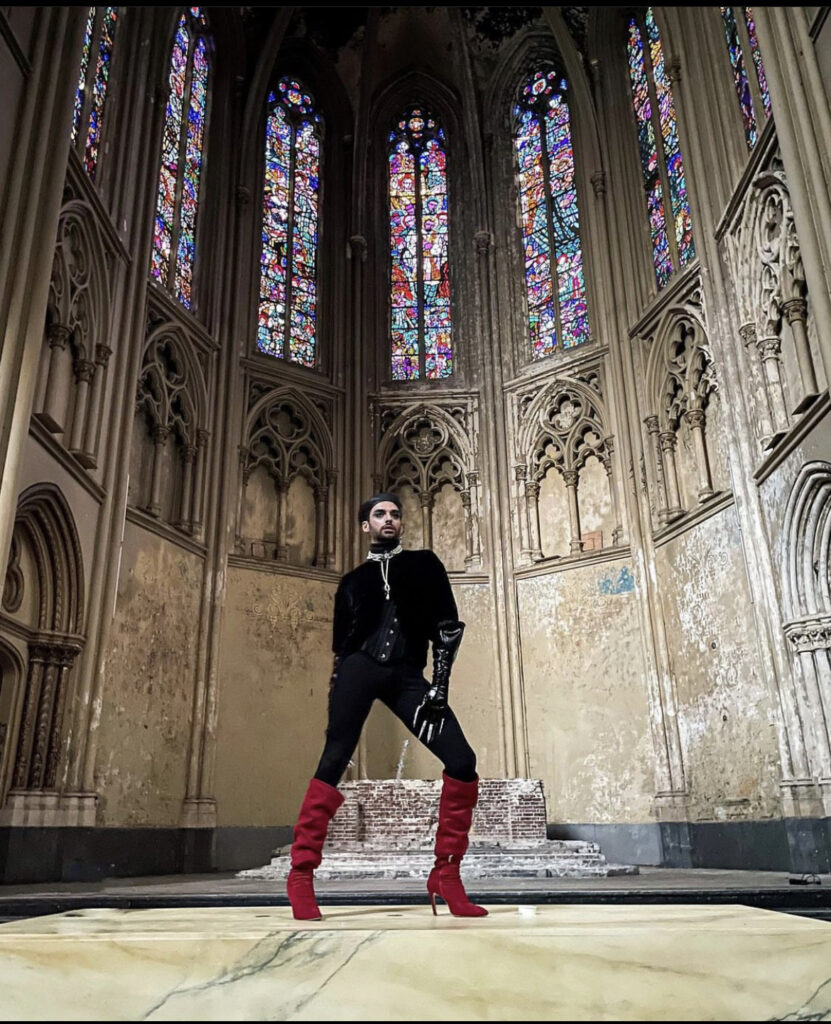
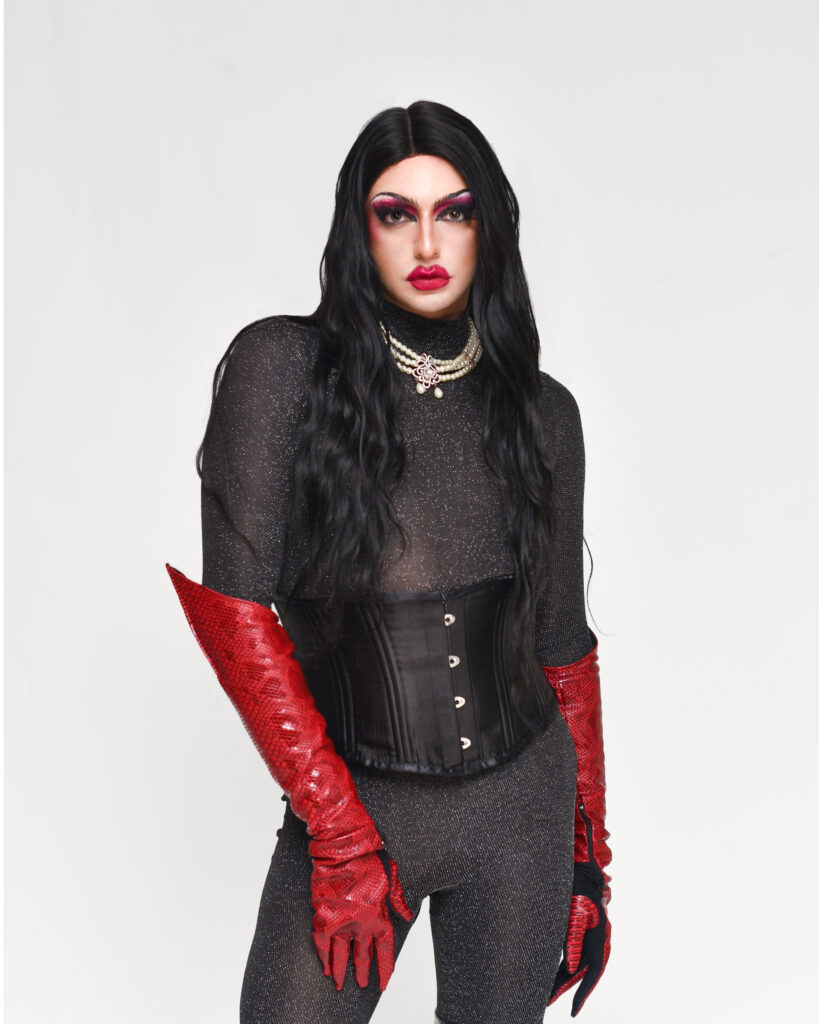
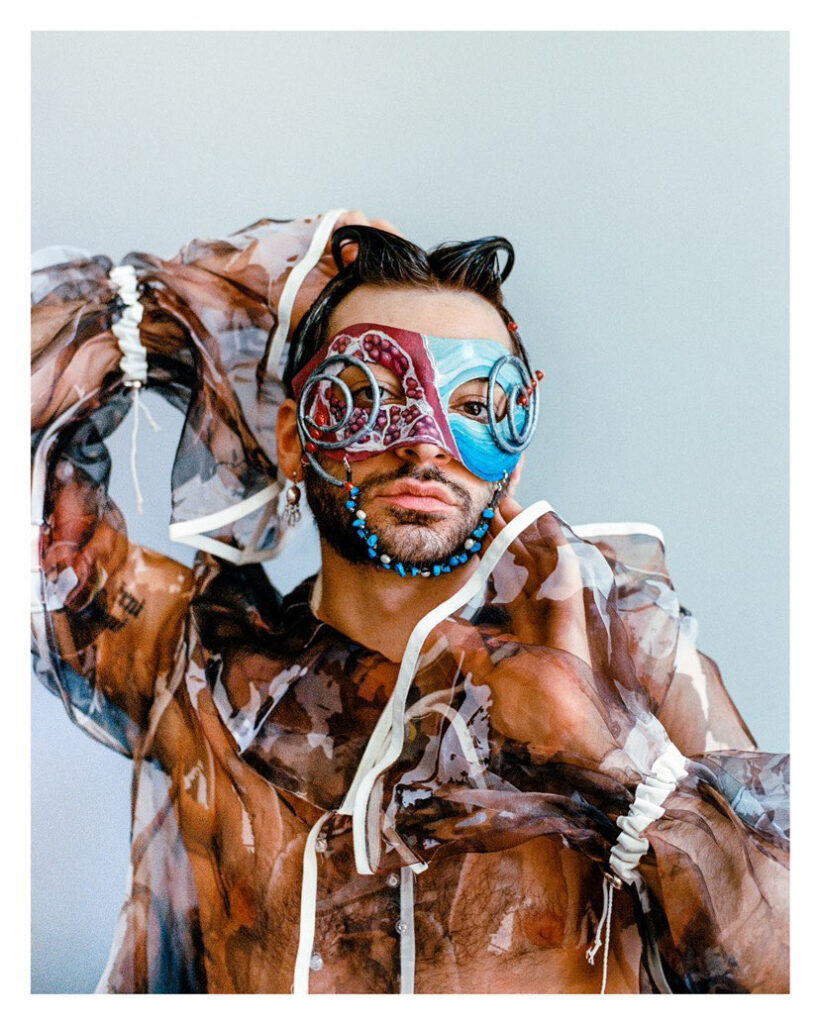
What Brussels queer initiatives are you fond of?
Brussels queer scene has become so major and diverse, I am extremely happy to see this. It is such a drastic difference from several years ago when there were just a few initiatives out there. First and foremost, I would like to highlight my drag “colleagues”, who have launched their collectives and shows in town, e.g Playback by Blanket La Goulue, Crashtest by Samantha Ruffskin, Just the Tip by Call me Brenda, drag king/queer collective La Barakaking, Queer up the Stage by Sandra van de Kamp and Patrick Figure, Queeriosity by La Veuve, Crown Me, Bitch by Daisy Superbitch and the Agenda, Family Portrait, and so forth. As you can see, the list is quite long!
There is a new queer photography magazine called Full Love Mag by Alix and Louka. Lion Ascendant Connasse, Sticky Food and Maigre Serpent are creating a stunning queer calendar for 2023 that I cannot wait to get my hands on. There is Queer World, the initiative that conducts research of cities based on shared experiences of queer people. There is LGBTQIA+ and feminist queer association Vulcana. There is so much to talk about, we will probably run out of time.
I just hope to see a bit more initiatives popping up that will center SWANA queer people in Brussels.
Finally, I would like to take this opportunity to inform your readers that in September 2022 Azerbaijan started a full-blown invasion of Armenia, and many Armenian people, especially queer people, are in danger of assassination. I would like to encourage you to inform yourselves about the war crimes of Azerbaijan as much as you can and raise awareness about this with your friends, chosen family and local political representatives.
You may also like
-
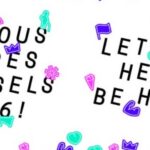
Queer Voices, One City: Meet the Choirs of Various Voices Brussels 2026
This June, Brussels turns into a queer soundscape: 120 LGBTQI+ choirs from 18 countries are
-
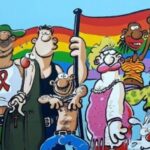
A New Safe Harbor in Brussels: RainbowHouse Launches LGBTQIA+ Info Point
RainbowHouse Brussels is opening a brand-new door for our communities – and it’s one that
-
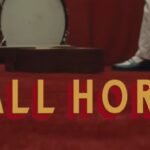
Niall Horan, Soft-Spoken Pop Star – And Loud LGBTQ+ Ally
From Pride tweets to rainbow flags in the crowd, Irish singer Niall Horan has quietly
-

Angèle x Justice’s “What You Want”: A Queer Night Out We’ve All Dreamed Of
Projected onto the façade of La Monnaie in Brussels and shot at night in Marseille
-
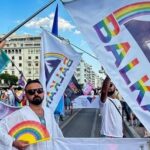
Ten Years of Balkan LGBTQIA: A Decade of Fighting Borders, Discrimination and Silence
Created in Brussels by volunteers from across the Balkans, Balkan LGBTQIA has spent ten years

